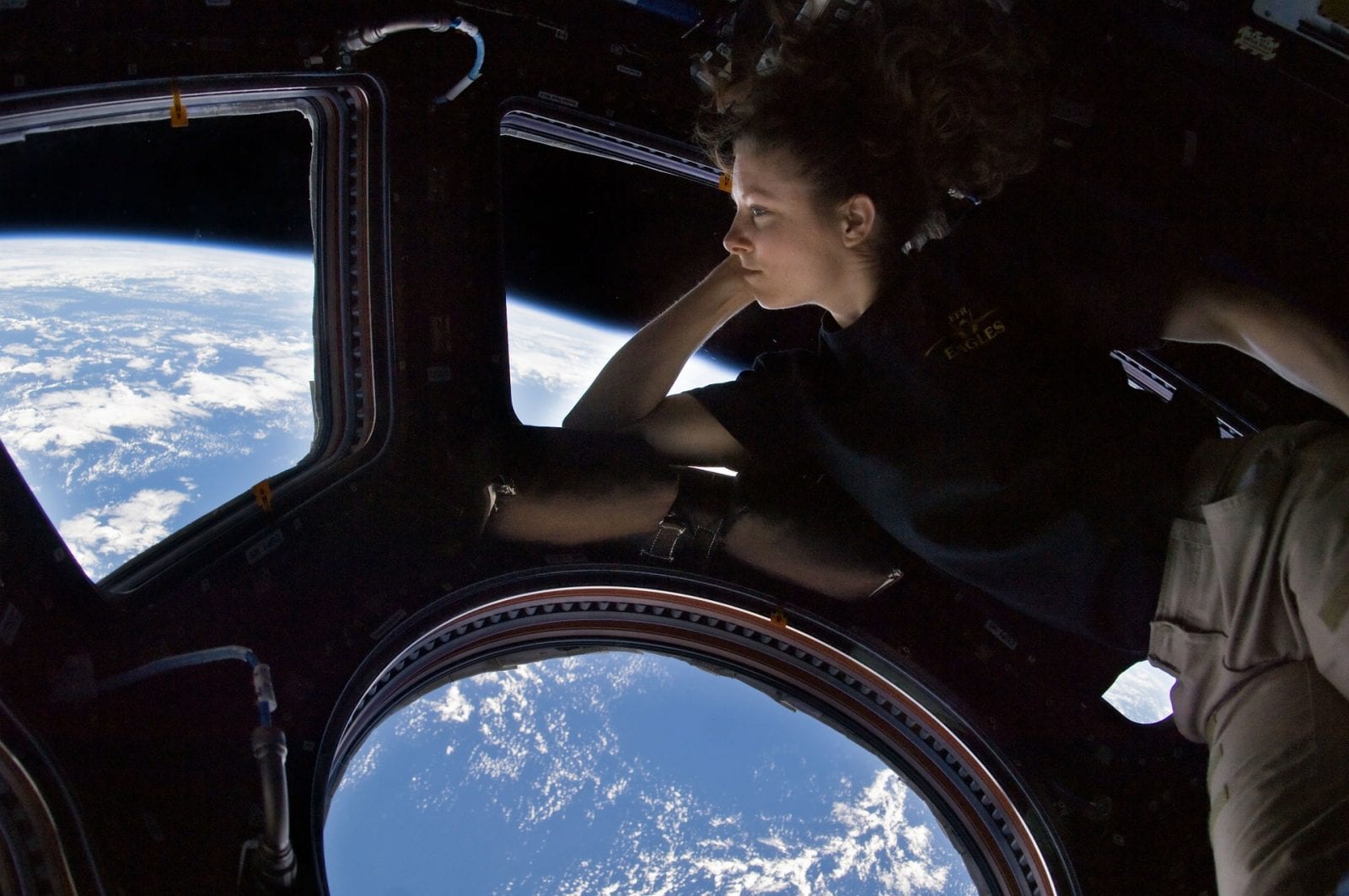
Author: Katherine Ciarlante, PhD Student in Industrial-Organizational Psychology.
Data collected during Covid-19 has found that many Americans report feeling lonely or isolated from others at higher than at pre-pandemic levels. These numbers are particularly high among older Americans who have shown significant increases in reported loneliness and decreases in social contact. Covid-19 safety practices, including community lockdowns, quarantines, and social distancing, can all contribute to these feelings of isolation from important sources of social support including one’s friends, family, colleagues, and community.
One group of workers affected are those from the services industries, whose job functions include working with and serving internal and external customers. The hospitality industry has been particularly hard hit during the pandemic, sending “people” people on furloughs and layoffs. Perhaps, some of these individuals might be working remotely from home, thus limiting their interactions with colleagues to electronic communications, such as video-conferencing. Employees who continue to work outside the home are also experiencing less social contact because of work safety guidelines that recommend minimizing in-person interactions. Loneliness and social isolation have been attributed to a variety of physical and mental health issues (e.g., anxiety, depression) and risk for premature mortality. This indicates a need for strategies where employees can feel more connected while living and working in physically/socially isolated circumstances.
One way to identify strategies for coping with isolation is to look at past research on employees in isolated work environments. Dr. Lauren Blackwell Landon, of NASA’s Human Research Program, recently discussed the issue of isolation, and the interaction between associated physiological and psychological outcomes, from the perspective of astronauts. Astronauts represent an extreme example of workers who are isolated for extended periods of time and must find ways to stay connected with others and maintain their well-being during high stress missions. Research scientists at NASA developed the acronym C-O-N-N-E-C-T as a reminder to help astronauts deal with the isolation experienced in space or in their daily lives on earth. They argue that these suggestions can also help non-astronauts manage stress and well-being associated with Covid-19 related isolation, in both home and work environments.
C-O-N-N-E-C-T
Community: When isolated it is important to find ways to feel connected and contribute to your community. This can be your local community or the worldwide community of humanity. Think about how we’re all in this together and ways to bring the world closer through the shared experience of Covid-19.
Openness: People who are more open to new experiences tend to be more resilient and better at adapting to change. Approach challenges with an open mind and consider new ways to complete familiar tasks.
Networking: Find new ways to connect with friends and family when you aren’t able to meet in person. Make new efforts to communicate via video chat or telephone. Get to know those in your immediate vicinity, such as neighbors or colleagues in a safe and socially distanced way.
Needs: Stay healthy and fulfill needs related to your physiological health by exercising, eating healthy foods, and getting enough sleep. Establishing a consistent sleep schedule can help fight chronic fatigue. Having good physical health can also help you maintain positive relationships with others.
Expeditionary Mindset: Develop expeditionary skills including those related to teamwork, group living, self-care/self-management, and leadership/followership. Maintain communication with friends, families, and colleagues, and let others know when you need support. Develop skills related to stress management, conflict management, and cross-cultural relations which can help you overcome both personal and professional life challenges.
Countermeasures: Utilize mindfulness and other stress management methods that can help you maintain your emotional well-being. Mentally reframe negative situations in more positive ways to help overcome challenges. Engage in activities such as journaling, meditating, or reading that help you express your feelings. Connecting with nature is another stress relief method and taking walks outside, either alone or with family, may help you reset after a difficult day.
Training and Preparation: Focus on the strengths and skills you already possess and think about ways to build on these, while in isolation. Consider past challenges that you’ve overcome and seek out resources that will help you develop the skills necessary to overcome new challenges in the future.
More information about NASA’s Human Factors and Behavioral Performance Element’s recommendations for coping with isolation can be found here.
Dr. Blackwell Landon’s talk on dealing with isolation is part of the UCF’s Targeted Research Training (TRT) program’s Fall 2020 Workshop Series, in collaboration with UCF’s Rosen College of Hospitality Management. More information about the TRT’s Workshop Series, including information on accessing past and future sessions, can be found here.